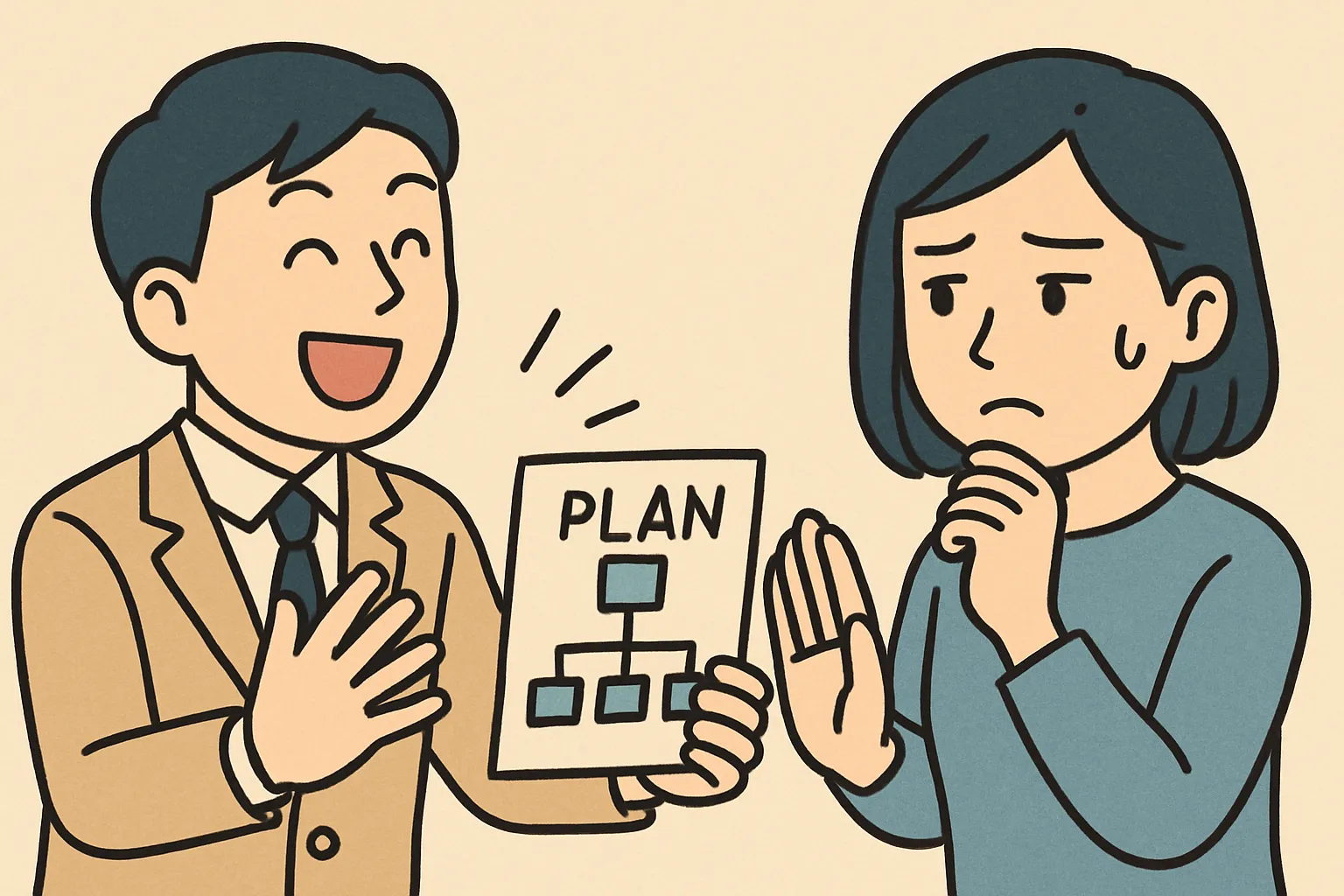From YOLO to Jjantech: Korean Phrases to Stop Impulse Buys
Hello! It’s your friendly Korean guide from [Maeil Hangul], here to upgrade your language skills!
Have you ever found yourself staring at an online shopping cart full of things you want but don’t necessarily need? You’re not alone! Today, we’re tackling a very modern problem: how to talk about and overcome impulse buying, all while learning some advanced Korean. This will be super useful not just for shopping, but for understanding modern Korean consumer culture.
Lately in Korea, the “YOLO” (You Only Live Once) spending trend is facing a new challenger: “Jjantech” (짠테크), a clever combination of “짠” (salty, meaning stingy or frugal) and “재테크” (financial management). Young Koreans are becoming incredibly savvy about their spending. Let’s learn the phrases they use to navigate this world of tempting online deals!
Core Expressions You Need to Know
Here are the key phrases to master your inner shopping monster and sound like a native speaker.
1. 충동구매 (Chungdong-gumae)
- Pronunciation: [Chung-dong-gu-mae]
- English Meaning: Impulse buy / Impulse purchase
- Detailed Description: This is the essential term for today’s topic. It’s a compound noun made from 충동 (chungdong), meaning ‘impulse’ or ‘urge’, and 구매 (gumae), meaning ‘purchase’. You can use it to describe the act itself or the item you bought. If you bought something on a whim, you can say, “어제 충동구매 했어요” (Eoje chungdong-gumae haesseoyo – I made an impulse buy yesterday).
2. 가성비 (Gaseongbi)
- Pronunciation: [Ga-seong-bi]
- English Meaning: Cost-effectiveness; value for money.
- Detailed Description: This is one of the most important words in modern Korean consumer culture! It’s an abbreviation of 가격 대비 성능 (gagyeok daebi seongneung), which literally means “performance relative to price.” When something has good 가성비, it means you’re getting excellent quality or functionality for a low price. It’s the ultimate goal for a smart, logical shopper.
3. 가심비 (Gashimbi)
- Pronunciation: [Ga-shim-bi]
- English Meaning: Psychological satisfaction for the price; heart-to-price ratio.
- Detailed Description: This is the emotional counterpart to 가성비. It’s an abbreviation of 가격 대비 마음의 만족 (gagyeok daebi maeumui manjok), or “mental satisfaction relative to price.” A product with high 가심비 might not be the cheapest or most practical, but it brings you immense joy and personal satisfaction. It’s the reason you might buy a slightly more expensive but beautifully designed notebook or a ticket to your favorite artist’s concert.
4. -ㄹ/을까 말까 하다 (-l/eulkka malkka hada)
- Pronunciation: [-l/eul-kka mal-kka ha-da]
- English Meaning: To hesitate whether to do something or not; “Should I… or should I not?”
- Detailed Description: This grammatical structure is perfect for expressing indecision—the critical moment before a 충동구매! You attach it to a verb stem. For example, “to buy” is 사다 (sada). To express hesitation, you say “살까 말까 하다” (salkka malkka hada). It perfectly captures that internal debate you have when an item is sitting in your online cart.
Example Dialogue
Let’s see how these expressions work in a real conversation. Imagine two friends, Minjun and Sora, are chatting.
A (Minjun): 와, 이 한정판 드론 봐! 세일하는데? 너무 멋있다. 바로 사야겠어!
(Wa, i hanjeongpan deuron bwa! Seil-haneunde? Neomu meositda. Baro sayagesseo!)
Wow, look at this limited-edition drone! It’s on sale. It’s so cool. I’m gonna buy it right now!
B (Sora): 잠깐만, 그거 완전 충동구매 아니야? 너 지난달에도 드론 하나 샀잖아.
(Jamkkanman, geugeo wanjeon chungdong-gumae aniya? Neo jinandal-edo deuron hana satjana.)
Wait a minute, isn’t that a total impulse buy? You just bought a drone last month.
A (Minjun): 이건 기능이 훨씬 좋아. 가성비가 최고라고! 그리고 디자인이 예뻐서 가심비도 만족시켜 주잖아.
(Igeon gineungi hwolssin joa. Gaseongbi-ga choegorago! Geurigo dijaini yeppeoseo gashimbi-do manjok-sikyeo jujana.)
This one has way better features. The cost-effectiveness is amazing! And the beautiful design satisfies my need for psychological satisfaction, you know?
B (Sora): 음… 나 같으면 하루만 더 고민하겠다. 너 지금 살까 말까 하는 것 같은데, 일단 장바구니에만 담아 둬.
(Eum… na gateumyeon haruman deo gominhagetda. Neo jigeum salkka malkka haneun geot gateunde, ildan jangbaguni-eman dama dwo.)
Hmm… If I were you, I’d think about it for one more day. It seems like you’re hesitating whether to buy it or not, so just leave it in your cart for now.
Culture Tip & Trend Deep-Dive: The Rise of “Jjantech” (짠테크)
As we mentioned, Jjantech (짠테크) is a huge trend among Korea’s MZ Generation (Millennials + Gen Z). It’s a reaction to economic pressures but also a move towards more mindful consumption.
- Beyond Saving: Jjantech isn’t just about not spending money. It’s a proactive lifestyle. People participate in “no-spend challenges” (무지출 챌린지), use apps to earn small amounts of cash (앱테크, App-tech), and share tips on finding the absolute best 가성비 deals.
- The Gashimbi Exception: A true Jjantech pro knows that life isn’t all about saving. They save fiercely on daily necessities to be able to spend guilt-free on things with high 가심비. This could be a special trip, a high-quality hobby item, or merchandise from their favorite K-pop group like SEVENTEEN or IVE. It’s about prioritizing what truly brings you happiness.
- How to Use It: When you’re talking with Korean friends about your finances or shopping habits, you can say, “요즘 짠테크 하고 있어서 가성비 좋은 물건만 찾고 있어요.” (Yojeum jjantech hago isseoseo gaseongbi joeun mulgeonman chatgo isseoyo – “I’m doing ‘Jjantech’ these days, so I’m only looking for things with good value for money.”) It will show you’re in tune with current Korean culture!
Let’s Wrap Up & Practice!
Today, we learned four powerful tools to discuss and control our shopping habits in Korean: 충동구매 (impulse buy), 가성비 (cost-effectiveness), 가심비 (psychological satisfaction), and the grammar point -ㄹ/을까 말까 하다 (to hesitate).
Now, it’s your turn to practice!
- Fill in the blank: This jacket is expensive, but it’s the exact one my favorite actor wore in the drama ‘Queen of Tears’. For me, the ___________ is amazing!
- Make a sentence: Think of something you wanted to buy recently but didn’t. Describe your hesitation using the phrase “___________ -ㄹ/을까 말까 고민했어요.” (I debated whether to ________ or not.)
Leave your answers in the comments below! Did you learn a recent item you debated buying using today’s phrases?






